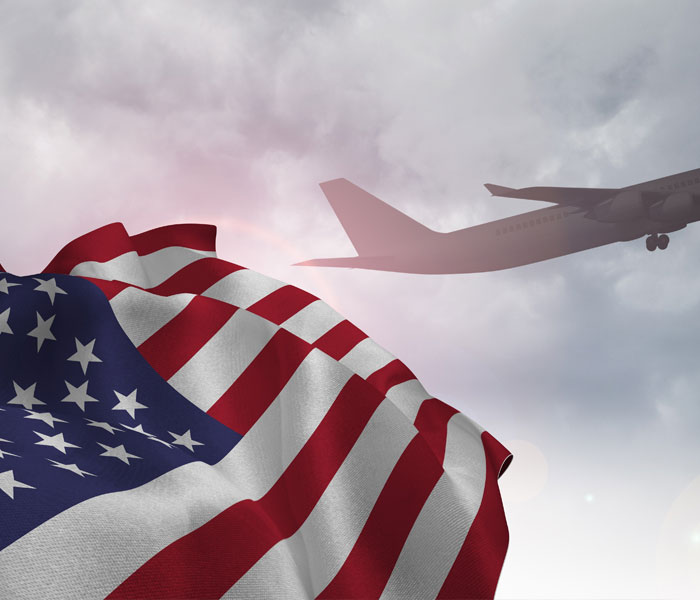Professional Development
One of our core values is to never stop learning. We’re proud of the rich talent development opportunities offered to our employees. As part of the People Plan commitments, we are focused on developing every individual to allow them to fulfil their ambitions and potential.
Whether you see yourself as a technical expert or a future leader, there are opportunities for you. Our bespoke learning and development tools include short online courses through to multi-day programmes that will help you grow; from wellbeing programmes (like mindfulness) and key skills development (such as influencing and negotiation) to management and leadership training courses and qualifications.
Our wide range of courses and resources are open to all to support you in your current role and, help you get ready for a great future.
We have an approach to performance and development that supports accountability, wellbeing, and puts you in the driving seat. It encourages open dialogue between you and your manager with regular conversations to help shape your aspirations, share feedback, manage your progression and build your personal development plan.
We are also signed up to a cross-regulator mentoring programme that gives access to leaders and staff from other regulators to help you progress your career.

















